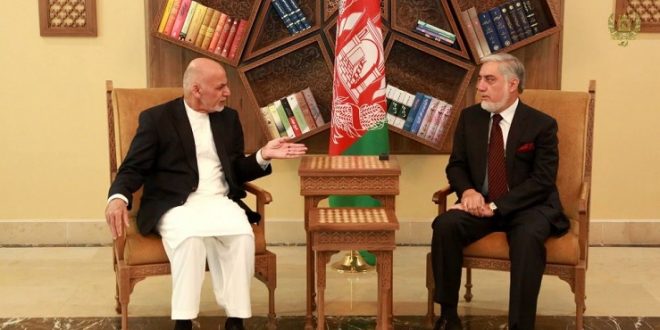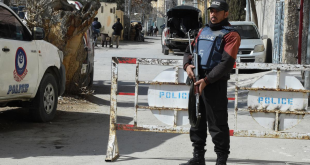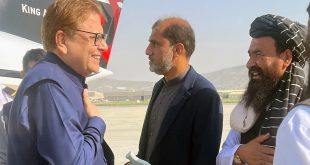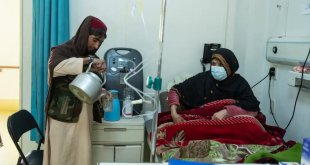AT News
Kabul: The Partnership and Stability Electoral Ticket is supposed to receive the decision-making authority with respect to 50 percent of governmental positions, divulges an unofficial draft of a likely power-sharing agreement between President Ashraf Ghani and Dr. Abdullah Abdullah that went viral on social media.
Going from hand to hand, the possible draft deal – which is not officially endorsed – has three parts to it: Peace, governance and reforms. Some of the key points of the possible pact are summarized as follows:
In terms of peace, the agreement, which is seemingly compiled by Abdullah’s team, stipulates that a Supreme National Reconciliation Council (SNRC) would be established in tandem with other political, public, and civil parties of the country. Spearheaded by Abdullah, the council would be delegated to advance peace talks.
Moreover, the newly formed State Ministry for Peace (SMP) would come under the jurisdiction of the council and function as its secretariat. SMP would be subject to the directions of Abdullah.
The Chairman of SNRC would be regarded as second-in-command in the country after the president and thus enjoy relevant protocol accordingly at official ceremonies and occasions.
Regarding the all-inclusive partnership government, the documents add that Abdullah’s team would appoint the deputy Chief of Army Staff, who would also have membership in the National Security Council (NSC). NSC posts would be equally distributed among the Abdullah’s and State-builder teams.
Meanwhile, about 50 percent of governmental posts, including ministers, directors of independent organizations, deputies, ambassadors, appointed senators, members of High Council of the Supreme Court, etc. would be appointed by the Partnership and Stability team.
Similarly, the governors of provinces are to be picked based on the respective majority votes bagged by each electoral team in the last year’s presidential election.
The employees and officials of the national security organizations would be equally introduced by the two parties.
In terms of bringing about reforms, a specific program would be taken at hand for delegating further authority to governors, reads the draft agreement.
In addition, for the purpose of a balanced representation of all ethnic groups in the government and organizations, the general situation would be evaluated and relevant reforms implemented accordingly.
Aimed at electoral reforms, a new election law based on the multi-dimensional representation (MDR) system, as opposed to the currently-practiced Single Non-Transferable Vote (SNTV) one, would be presented to the parliament for approval.
The document concludes with the provision that a commission would be established for amendments to the Constitution and for facilitation of convening a Loya Jirga.
This comes as tensions remain high on political level following the controversial announcement of presidential election results and parallel presidential inaugurations by both Ghani and Abdullah.
Reacting to the tensions, Washington announced late last month that it is cutting $1 billion in aid to Afghanistan, warning that a further reduction of $1 billion would follow if the tensions are not resolved.
This is as some political leaders are attempting to mediate between the feuding leaders aimed at ending the political deadlock and forming an inclusive and partnership government – just like the 50-50 National Unity Government (NUG) which was in power for the previous five-year term.
Abdullah who claims victory and is running now a parallel government had earlier rejected an offer by the president but according to reports, talks are still ongoing to hammer out the rifts.
 Afghanistan Times
Afghanistan Times




